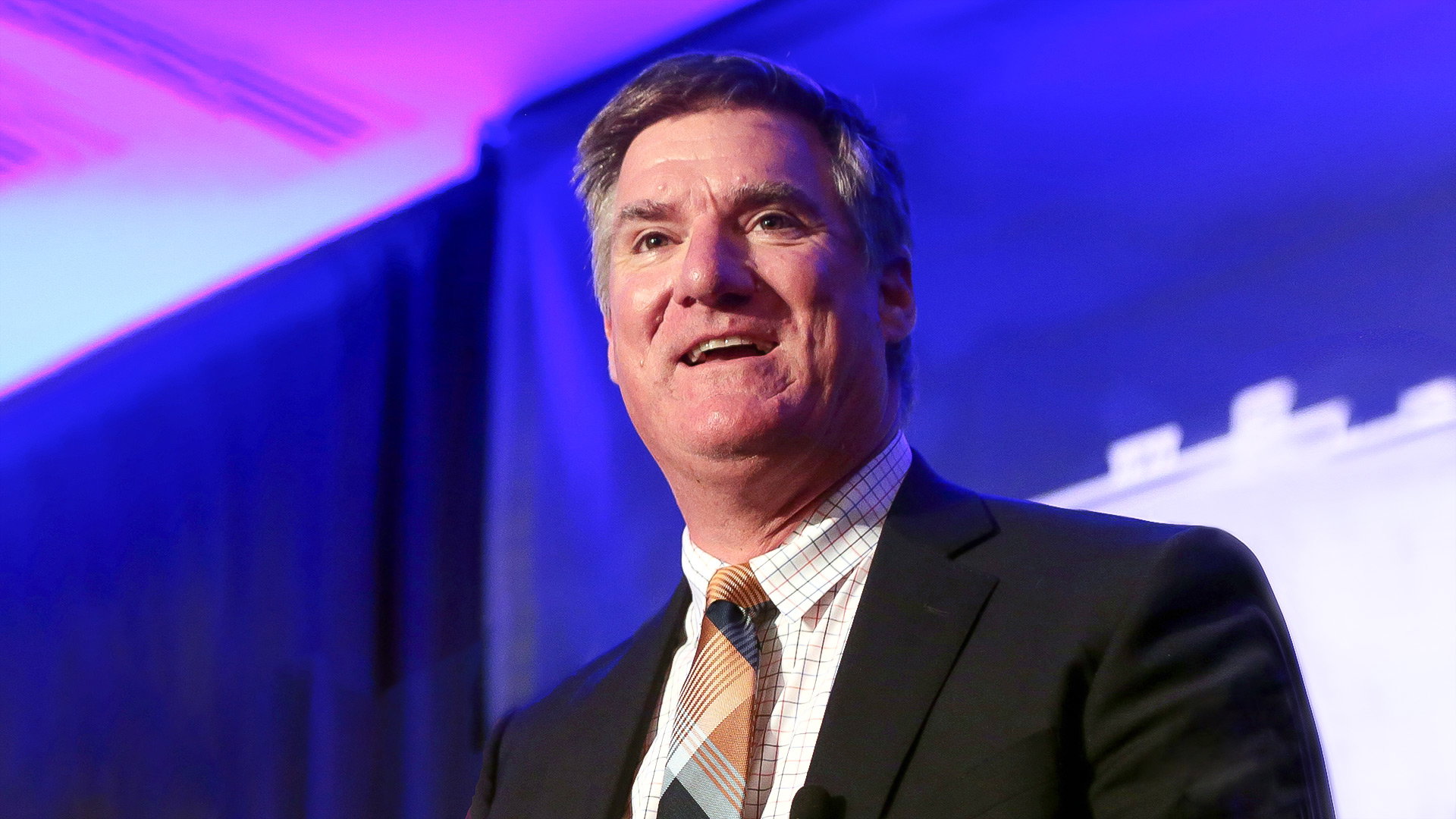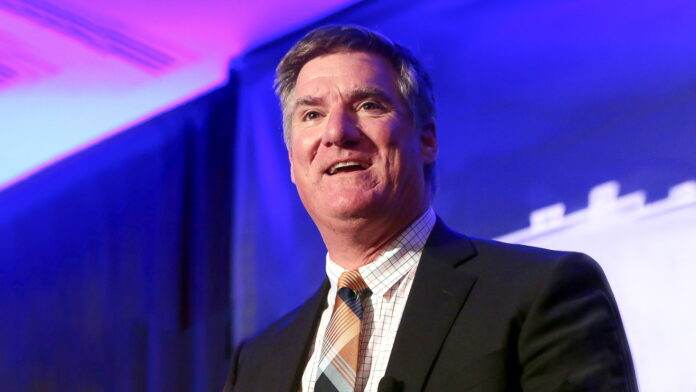
A lawsuit challenging the city Zoning Board’s approval of Andy Sanborn’s proposed 43,000-square-foot casino off Loudon Road has been denied, bringing the project one step closer to construction.
Concord resident Kassey Cameron had filed lawsuits against the city’s planning and zoning boards regarding the approval of Sanborn’s casino project on Break O’Day Drive, which includes a microbrewery and restaurant. However, Merrimack Superior Court recently reversed the ZBA’s decision that Cameron had standing to appeal the planning board’s decision, Concord Monitor reported.
Despite Cameron’s active involvement and concerns about the building’s character, the court ruled that her property’s distance of about a mile from the proposed site did not provide sufficient standing. The court also found her concerns about safety and traffic impact too speculative to grant standing.
Cameron initially filed a lawsuit last July following the planning board’s approval of the project’s first phase in June, arguing that residents were not properly notified about the continuation of a public hearing. She also claimed that the casino violated zoning regulations. After the zoning board declined to reconsider her appeal due to a late filing, she filed another lawsuit, which was also dismissed.
Sanborn is a former state senator and owner of Draft Sports Bar & Grill and the Concord Casino, a charitable gaming venue in downtown Concord.
His new proposed development includes a 24,000-square-foot gaming room with 634 seats and an 8,500-square-foot restaurant and microbrewery with a capacity of 150 diners in its first phase.
Separately, Sanborn has been granted an extension to sell Concord Casino on South Main Street, which he was ordered to close on January 1. The closure followed a ruling that Sanborn had misused $844,000 in COVID-19 relief funds, rendering him ineligible for New Hampshire’s charitable gaming sector.
The initial sale deadline was extended from June 27 to July 18, with potential further extensions if a sale is pending. Failure to sell within the specified timeframe could result in a two-year license revocation, the report said.
If Sanborn completes the sale and the new casino is built, he could reapply for his operating and gaming licenses, subject to a rigorous suitability review.
















